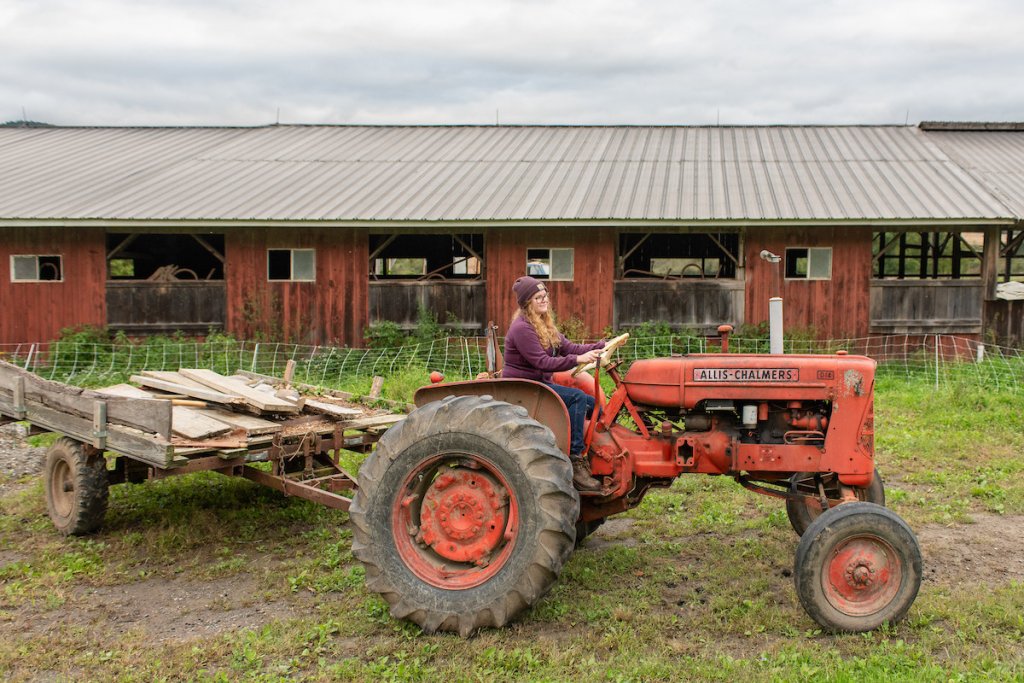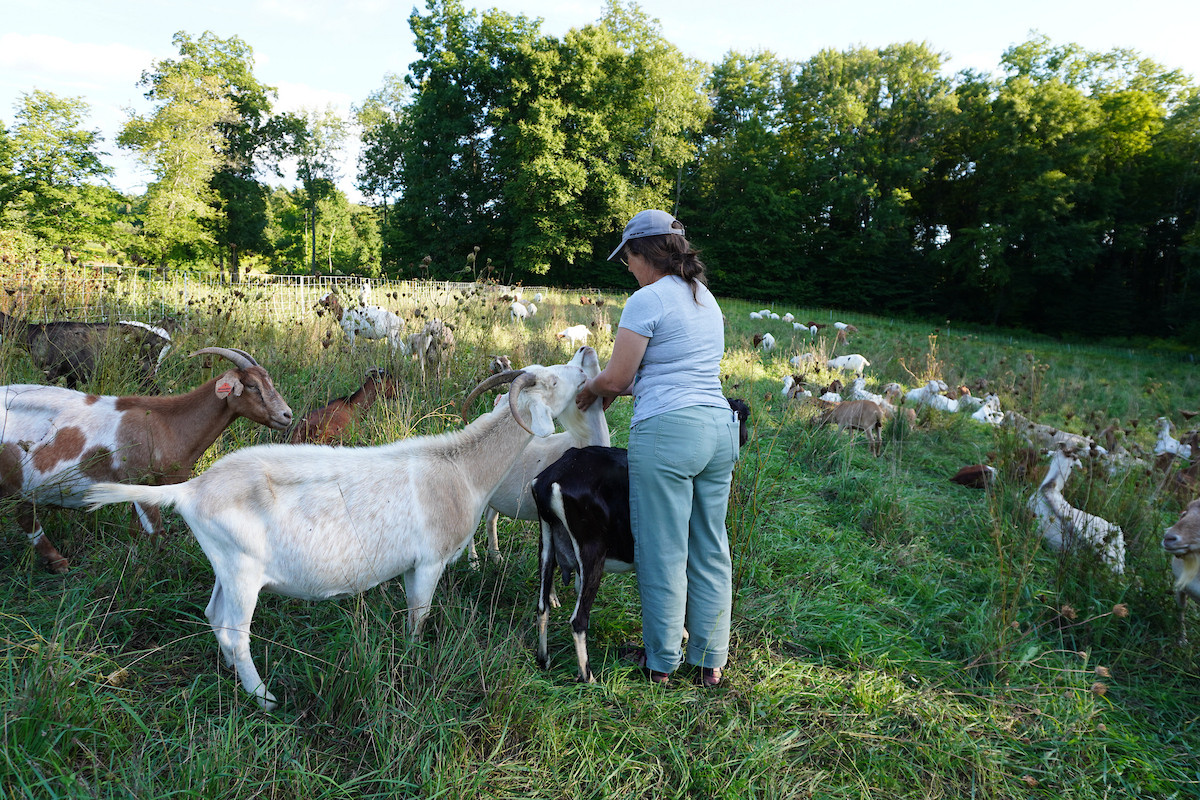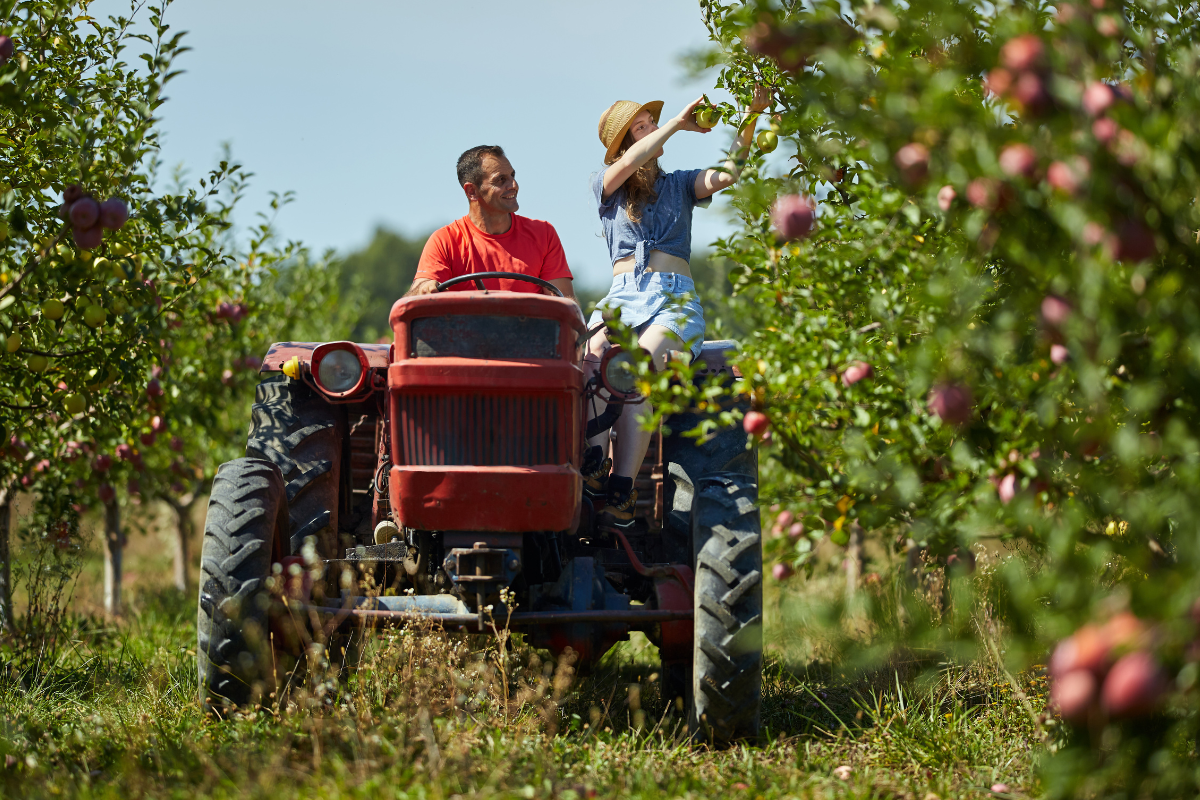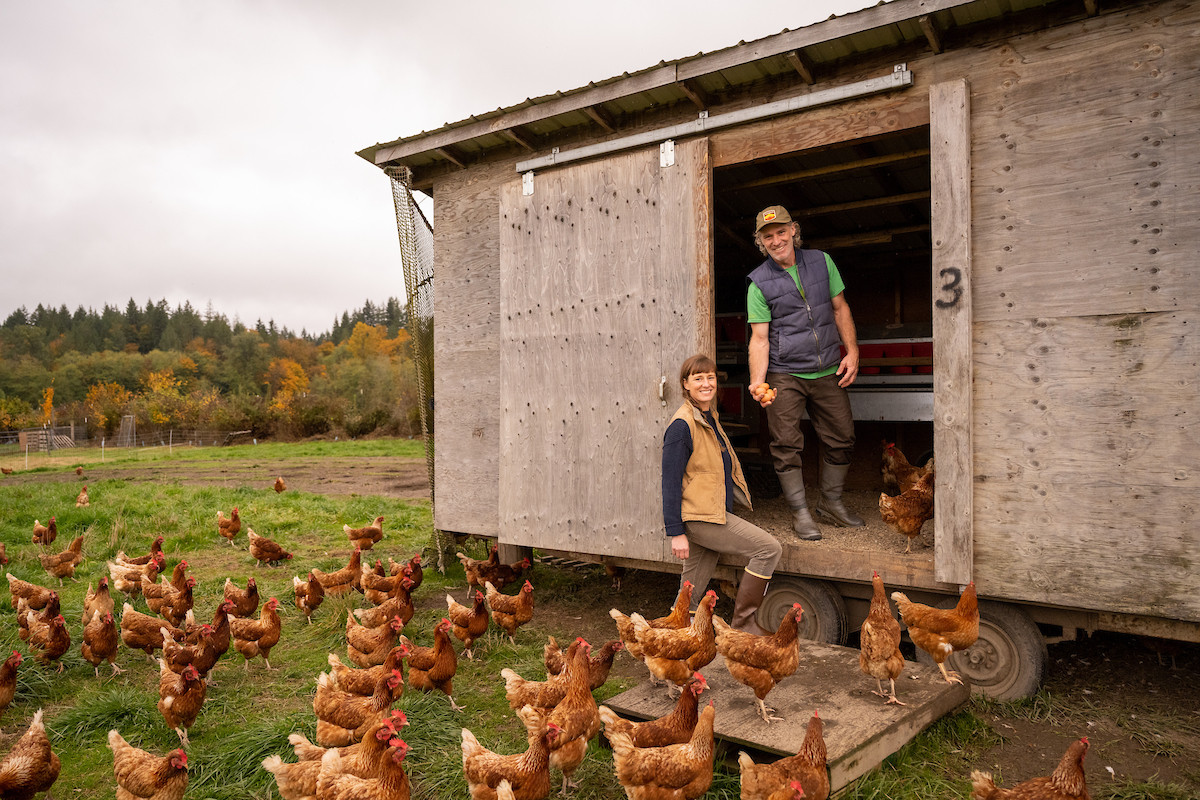Farm Bill Update
While much of the nation’s attention has been rightly focused on the current federal shutdown, we cannot lose sight of the fact that parts of the Farm Bill have expired at a time when agriculture is facing incredible economic challenges and uncertainty.
In September, AFT joined over 250 other farm and conservation organizations on a letter urging congressional leadership to prioritize action this fall on a “full” Farm Bill reauthorization. The 2018 Farm Bill, originally due for reauthorization in 2023, has now been extended twice. As bleak farm economic reports have continued to surface detailing a combination of market losses, low prices, and record costs of production, a “full” reauthorization is now more urgent than ever.
Although the One Big Beautiful Bill Act (OBBBA), enacted by Congress in July, added significant funding for a number of Farm Bill programs and transferred the remaining Inflation Reduction Act conservation funding into the Farm Bill’s Conservation Title’s permanent baseline (an AFT Farm Bill priority), important USDA programs have expired. This includes the Conservation Reserve Program, which, as of October 1, is unable to enroll new contracts or re-enroll existing ones.
A full Farm Bill reauthorization is the only way to achieve policy changes to address the needs and problems of a world that looks very different than the one we were living in seven years ago when the last Farm Bill was passed. A world before a global pandemic, supply chain breaks, and the loss of productive American farm and ranch land to massive data centers and other new forms of development. Without a full five-year Farm Bill reauthorization, farmers and ranchers will lack the certainty of USDA programs that can help them manage risk, improve conservation, and build thriving farms and ranches.
As House and Senate Agriculture Committees continue to engage around the possible contours of a bipartisan Farm Bill reauthorization, AFT is meeting with Members of Congress and their staff to advance its Farm Bill priorities. These include:
Maintaining the recent funding increases to the Conservation Title and ensuring the technical assistance capacity essential to efficiently deliver this support to farmers
Reforming ACEP to enable more producers and landowners to conserve their land and to rely more on program partners to help speed up program delivery.
Creating a federal match for state and Tribal soil health programs to boost the conservation funding available to farmers and ranchers.
Increasing farmer and rancher access to peer-to-peer conservation education as part of a broader conservation technical assistance delivery system through NRCS, districts, and other conservation partners.
Strengthening local and regional food systems by facilitating institutional and other purchases from local producers, authorizing Regional Food Business Centers, and providing tailored assistance to small farms and ranches.
Providing relief to producers impacted by PFAS contamination.
Addressing land access for next generation producers, and farm transfer and succession for those retiring, through new Farm Service Agency programing, fixes to the Buy-Protect-Sell authority in ACEP, and creation of a Commission on Farmland Transitions, as intended in the 2018 Farm Bill.
Advancing Smart Solar℠ policy, including research and incentives for agrivoltaic projects that integrate active agricultural production into solar arrays.
Congress has a lot on its docket and a waning number of workdays before the end of the calendar year. Disagreements and deliberations between the two parties over how to address government funding in FY26 is further complicating the calendar as the nation enters its fourth week of a government shutdown. But Congress must also prioritize time and attention to reauthorizing the Farm Bill before the end of the year, to provide the clarity and certainty that our producers need as they plan over multiple years.
We hope you’ll stand with us to support the reauthorization of the Farm Bill in 2025 in order to keep land in farming and keep farmers on the land.
To stay up to date on the latest policy news and action alerts from AFT, sign up here.








